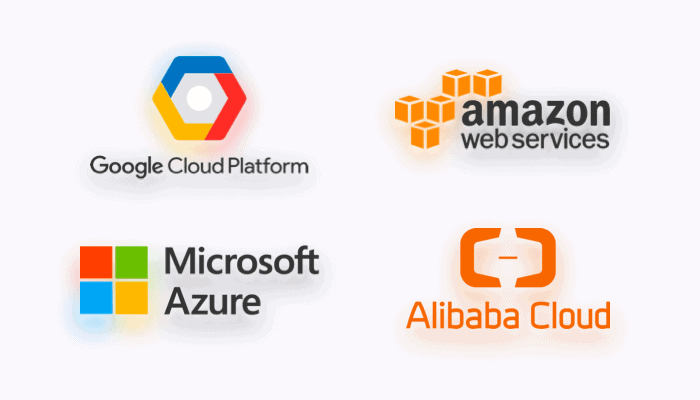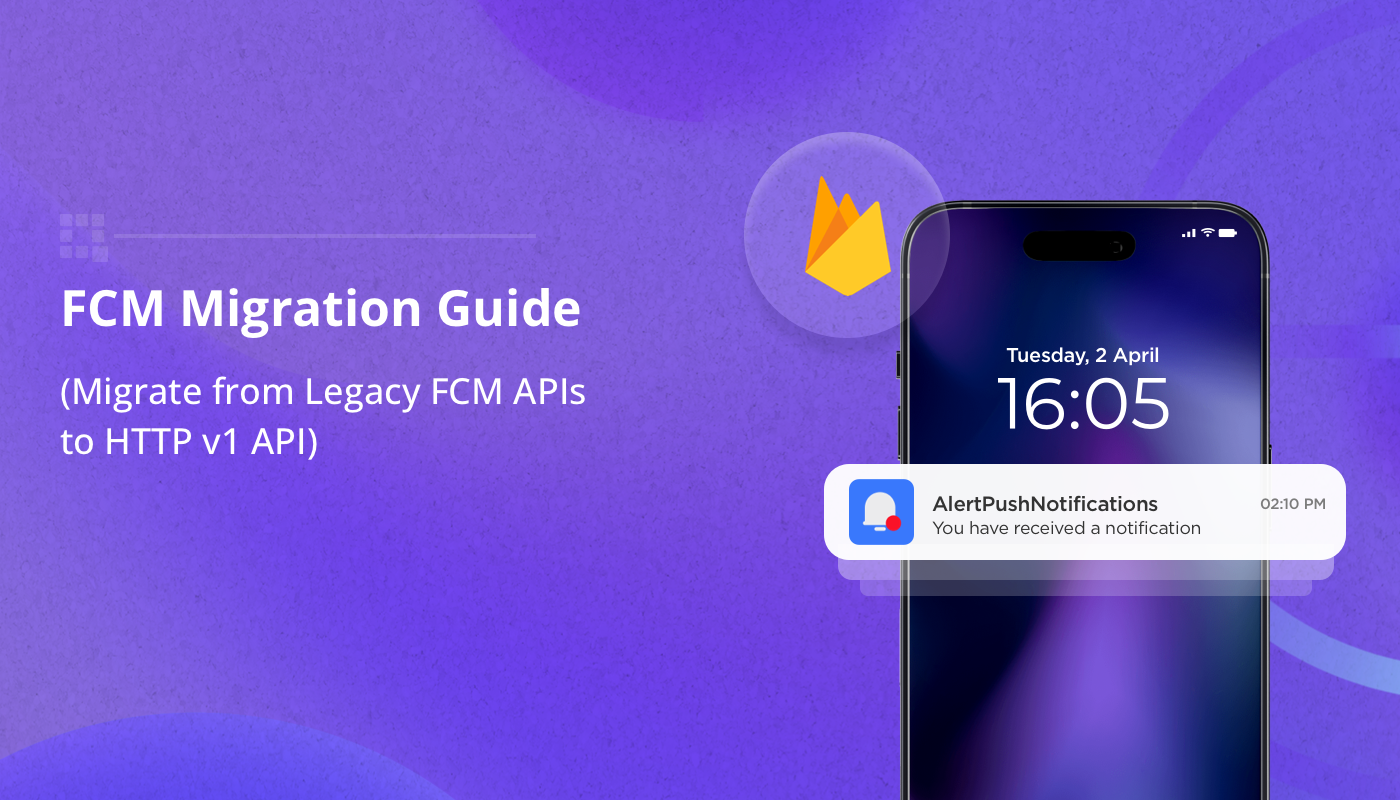
This blog is a revised version of an article first published in 2019.
A key defining business trend this past decade has been the relocation of business software applications from on-premise data centers to virtue cloud service providers. The need to smoothly scale businesses, ensure data security, and cut costs has led many to view cloud computing as the most optimal solution to digitalize their businesses. According to the latest forecast from Gartner, global end-user spending on public cloud services is expected to grow 23.1% in 2021 to total $332.3 billion, up from $270 billion in 2020. Amazon Web Services (AWS), Google Cloud Platform (GCP), Microsoft Azure, and increasingly Alibaba Cloud are the key players in this global cloud service market, comprising 58% of total cloud spend in Q1 2021. Below we provide an overview of key features of these four leading cloud services.
Market Share Overview
According to figures from Canalys, the cloud infrastructure market shows a sharp growth rate due to the impact of Covid-19. Amazon Web Services still dominates with 32% of the market, its business growing by $2.6 billion in Q3 2021 compared with the same period last year. AWS has had a significant advantage with a seven-year head start before any serious competition came along. Their massive infrastructure and wide range of service offerings, coupled with steady growth rate, are still difficult to contend with today. Microsoft Azure has been a consistent runner-up, currently holding 19% of the market, with Google Cloud Platform (GCP) holding the bronze at 7%. Alibaba Cloud, which currently leads China’s cloud market with a 40% share, has swiftly swept the international market placing them at fourth overall at 6%.
Providers at a Glance
All four cloud leaders offer an array of comprehensive features, are effective and secure, hold desired and relevant certifications, and offer competitive pricing. Each of them offer free trial options, with varying conditions, so you can judge their performance before you actually invest in them. The following provides a general synopsis of the most prominent features offered by the four major public cloud providers, highlighting particular service offerings that could tip the scales in their favor.
(For a more in-depth review of AWS vs Google Cloud or Azure vs Alibaba Cloud check out our previous blogs)
Amazon Web Services
Great choice of cloud services
AWS offers 200+ cloud services. When you launch a cloud solution with AWS, you are getting a complete infrastructure specifically set up for a particular purpose – a database, a message queue manager, a containerization service. From among the cloud providers currently on the market, AWS has the largest selection of services that include not only basic features, but complete out-of-the-box solutions and innovative offerings for your business.
Flexible pricing
There are three payment models in the AWS pricing structure.
- With the pay-as-you-go model, you are billed for the exact quantity of consumed resources.
- The save when you commit model allows you to reserve cloud instances with upfront payment at much lower rates.
- The pay less by using more model offers volume-based discounts.
High availability
Amazon’s 81 availability zones create a global presence and ensure 99.99% availability at any time in any place. The availability zones guarantee sufficient redundancy and resilience to withstand eventual outages and maintain uninterrupted service.
Google Cloud Platform
Focus on advanced technologies
Google Cloud Platform is setting itself apart by making use of Google’s deep expertise and advanced technology. Google Cloud is at the forefront of innovation in such offerings as artificial intelligence and machine learning. Google’s data analytics cannot be rivaled. Google Cloud also provides a complete environment for building custom applications with the Google App Engine.
Low prices
Google Cloud Platform is again competitive when it comes to pricing. The provider uses the pay-as-you-go model with no upfront fees. At the same time, Google Cloud supports several creative cost-optimization techniques, cost-effective plans, and free services.
Live migration
Live migration is Google Cloud Platform’s answer to the high availability of AWS. In GCP, you can migrate a virtual machine to a different host with no stopping and rebooting. This way your service remains uninterrupted even when updates are required.
Microsoft Azure
Cloud-based Windows tools
Since Microsoft Azure and other Microsoft products are under the same umbrella, it was only natural to bring the traditional Windows tools to the cloud. In Azure, you can launch a Windows desktop with the rest of your favorite Microsoft products – Windows Server, Office, and others.
Enterprise Agreements
Microsoft is setting itself apart as a particularly viable option for enterprise accounts. Many companies already have long-standing enterprise agreements with Microsoft, and can now enjoy Azure as part of the suite of products offered in such agreements. This includes the added benefit of bundling for deep discounts.
Hybrid cloud opportunities
Microsoft Azure is very well suited to building scalable and secure hybrid cloud solutions. A hybrid cloud combines the features of a public cloud and a private cloud, easily integrating the internal infrastructure with public resources.
Alibaba Cloud
Top cloud provider for China
Alibaba Cloud’s footprint in China is way beyond the rest of the competition. This provider places a great focus on serving enterprises and small and medium businesses in China, thus becoming the cloud of choice for companies or branches located across Asia. But it is gradually expanding its global reach with new data centers in North America, the Middle East (Dubai), Europe, and Australia.
Discount plans
In addition to a rather flexible pricing system with both prepaid and pay-as-you-go models, Alibaba Cloud offers targeted discount plans – including a Student Discount Program and several discounts for new US-based users.
Fast-growing service list
While the list of Alibaba Cloud services is nowhere near that of AWS, it is quickly gaining with a wide variety of available products and more to come. Moreover, Alibaba is actively investing in developing a rich cloud infrastructure landscape with advanced tools, such as artificial intelligence, machine learning and big data.
Conclusion
The market for cloud computing is an ever-changing landscape. Each of these major cloud providers have their own advantages that could best serve your needs.
Quickblox, a communication platform provider offering instant messaging and group chat, peer-to-peer and multiparty video calling, file sharing and other functions through SDKs and APIs, is experienced in installing software on a variety of cloud providers, as well as on-premise.
To find out how QuickBlox can help in your cloud journey, please contact us here.







Hi to every one, thanks for the helpful contents, keep up the nice work fellows.